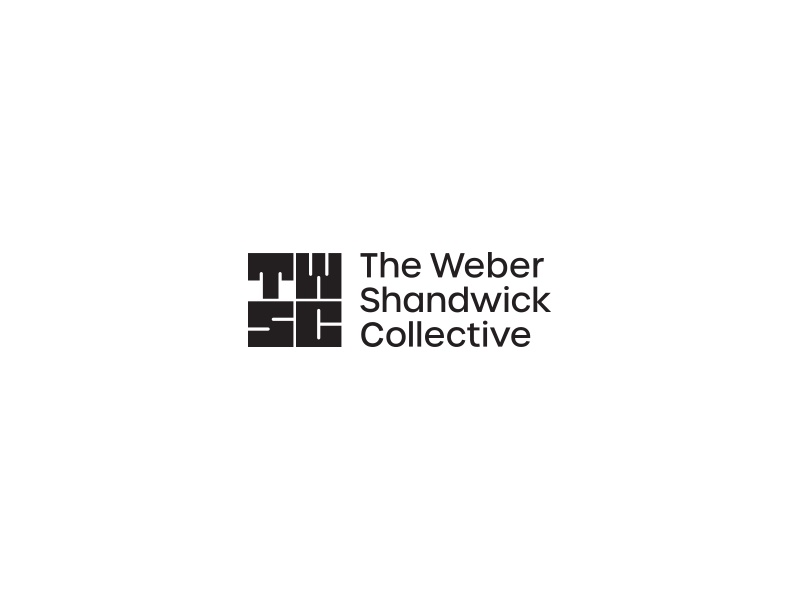Diana Marszalek 16 Dec 2021 // 2:00PM GMT

NEW YORK — Weber Shandwick and its specialty shops will now be known as The Weber Shandwick Collective, part of a multi-faceted move that also sees the world's second-biggest PR firm step up VC investment and consulting.
Each member of the collective will continue to operate as its own brand, with Weber Shandwick at the top of the rung. The firm’s nine subsidiaries include United Minds (management consulting), Powell Tate (public affairs), Resolute Digital (paid media) and Revive (health). Prime Weber Shandwick, Flipside, ThatLot, KRC Research and Cappuccino are the others.
CEO Gail Heimann said that billing the brands as a network showcases their collective power to deliver integrated campaigns, thanks to a range of capabilities not traditionally associated with PR. The positioning also speaks to Weber’s status as an earned-first network, a departure from the traditional advertising-first organizations, she said.
“Anchored by Weber Shandwick, the aim of the collective is to enhance opportunities for our people and our clients to fully leverage the unique, innovative and ever-expanding capabilities we provide across our network of brands. The specialist capabilities we’ve added in the past decade have delivered significant results for our clients, and driven consistently impressive growth for our company,” Heimann said.
At the same time, Weber Shandwick is planning for its future, with increased focus on expansion. Weber Shandwick Futures is a new initiative focused on identifying potential investments, partnerships and M&A opportunities. Chief innovation officer Chris Perry, who previously led Weber Shandwick's 'X Practice', will lead the efforts as chairman. Weber is working with VC firm Social Starts on the initiative.
On the heels of United Minds’ double-digit growth, Weber is also investing in building out its traditional and specialist consulting capabilities, Heimann said. Weber Shandwick launched United Minds as a management consultancy in 2018, after the firm came aboard as part of the acquisition of Swedish player Prime in 2014.
“Whether it’s advising clients on geopolitical risk, mis/disinformation or workforce transformation, our work has been undergoing a shift from expressing business strategy to expressing and influencing business strategy for quite some time,” Heimann said. “There is an increasingly critical interrelationship between business approach and communications. We have been and will continue to play a bigger role as strategic consultants going forward.”


































.jpg)


















